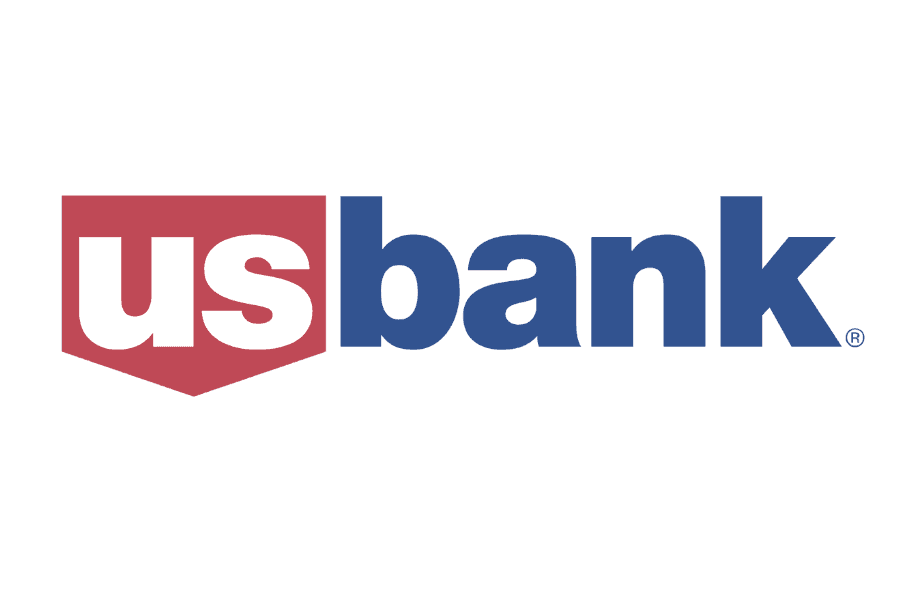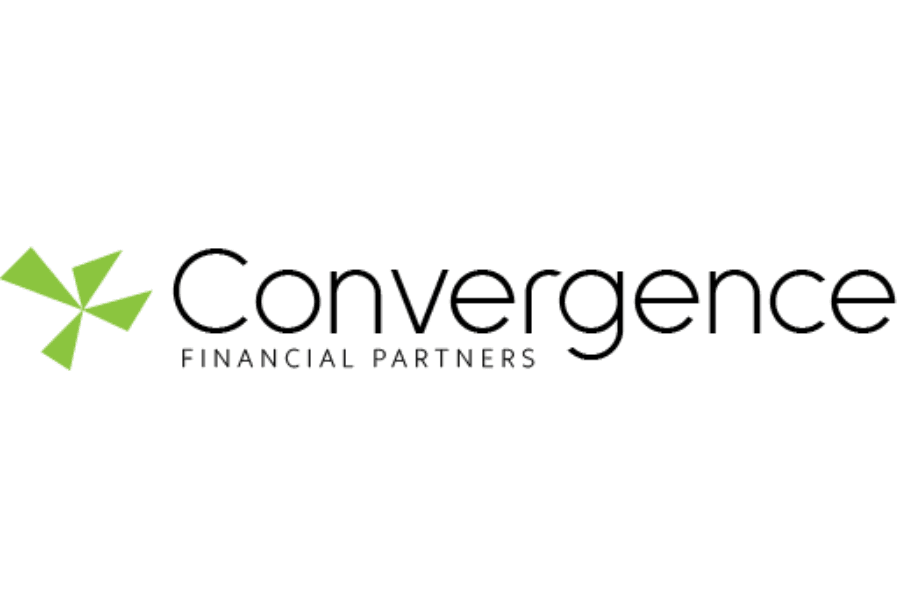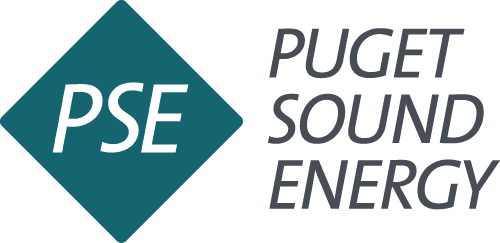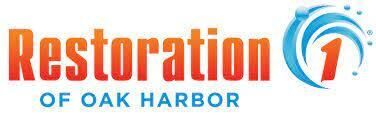HEALTHY RELATIONSHIPS
WHY IS THIS IMPORTANT TO TFN
A majority of Trauma Informed Care is about developing and promoting positive relationships.
It's important to nurture strong relationships—especially with the most disruptive kids—and to empower kids by giving them a central role in solving their own problems.
What’s important to know is that everything about us is social. We are intensely social creatures. Dr. Bessel van der Kolk describes how 7/8ths of our brain is wired to connect with people, understand people, talk with people, and belong to people. That’s what the brain is fundamentally about. From the moment we are born we start tuning into each other and forming relationships with those around us.
Relationship, acceptance, and communication are crucial and where a large portion of the work to build healthy relationships begins. Forming relationships with youth that have a difficult time reciprocating, not making noticeable improvements, and at times displaying ugly behaviors can be challenging. This is due to the fact that these youth have deficiencies in their forebrains leading to these challenges in building healthy relationships with them. However, it is about building healthy and authentic relationships through collaboration, trust, and empowering the youth by allowing them to make their own choices. This is not always an easy thing to able to do with youth who have experienced trauma, but being trauma informed means that you understand that there is no such thing as a bad kid, just kids who have had bad and unfair things happen to them.
We want these kids to grow up to be healthy adults who know how to engage in healthy and nurturing relationships with the people around them.
If they don’t get this help, the mismanagement of trauma increases the likelihood of the child perpetuating an intergenerational cycle of abuse and neglect when they become a parent themselves. We want to do what we can to help break that cycle.
The hurt that the youth have experienced has happened within relationships, so it takes new relationships to promote healing. We can never predict which relationship might be the catalyst that sets a person on the path to healing. It might be a teacher, coach, neighbor, a police officer; a social worker, a friend, and it could be any one of us.
We help people heal when we promote healthy connections, to one another and connection back into our communities.
- Dr. Allison Jackson: A Call to Connection: Making Childhood Trauma Personal (9:58)








